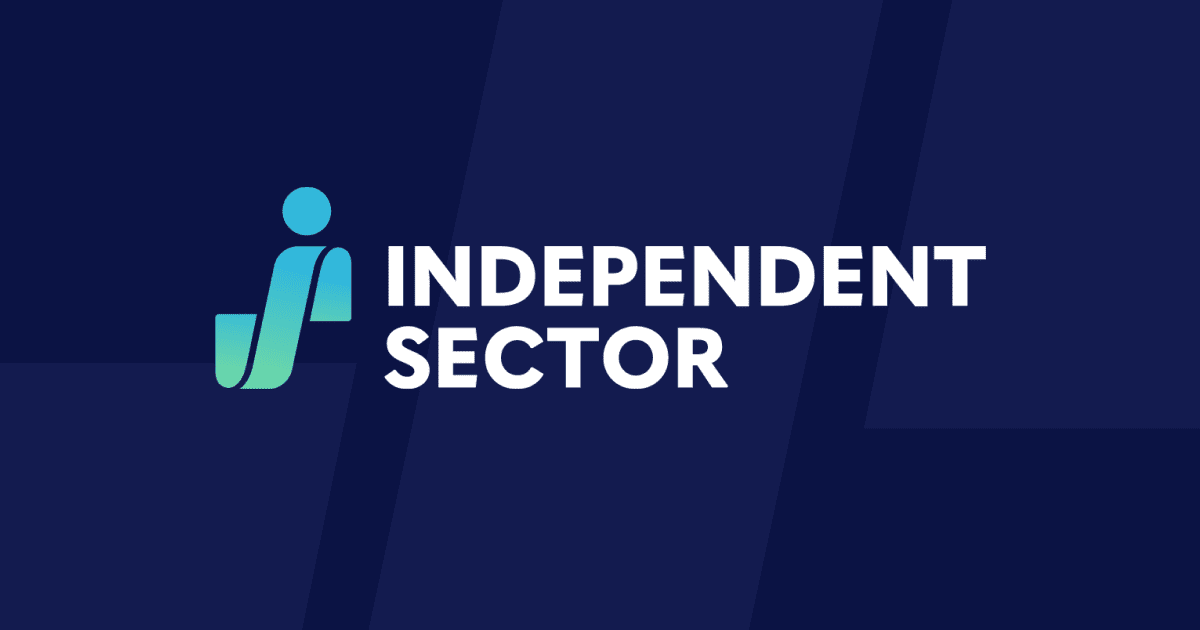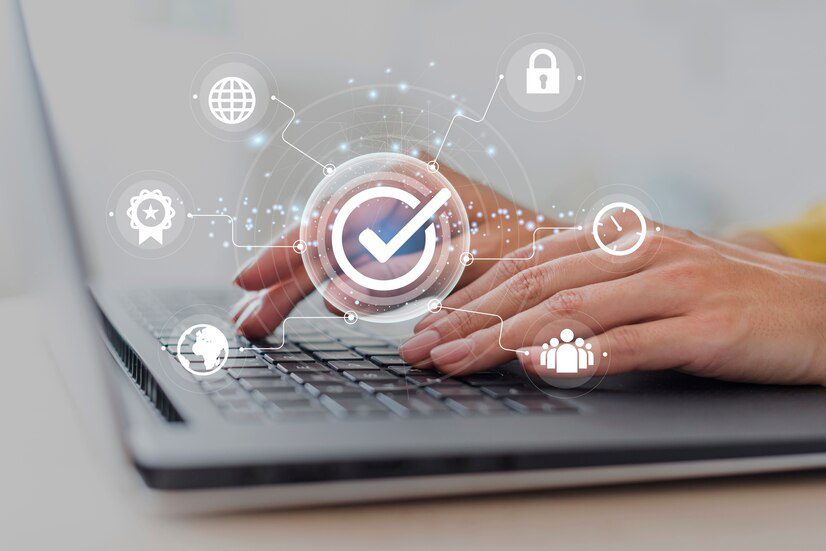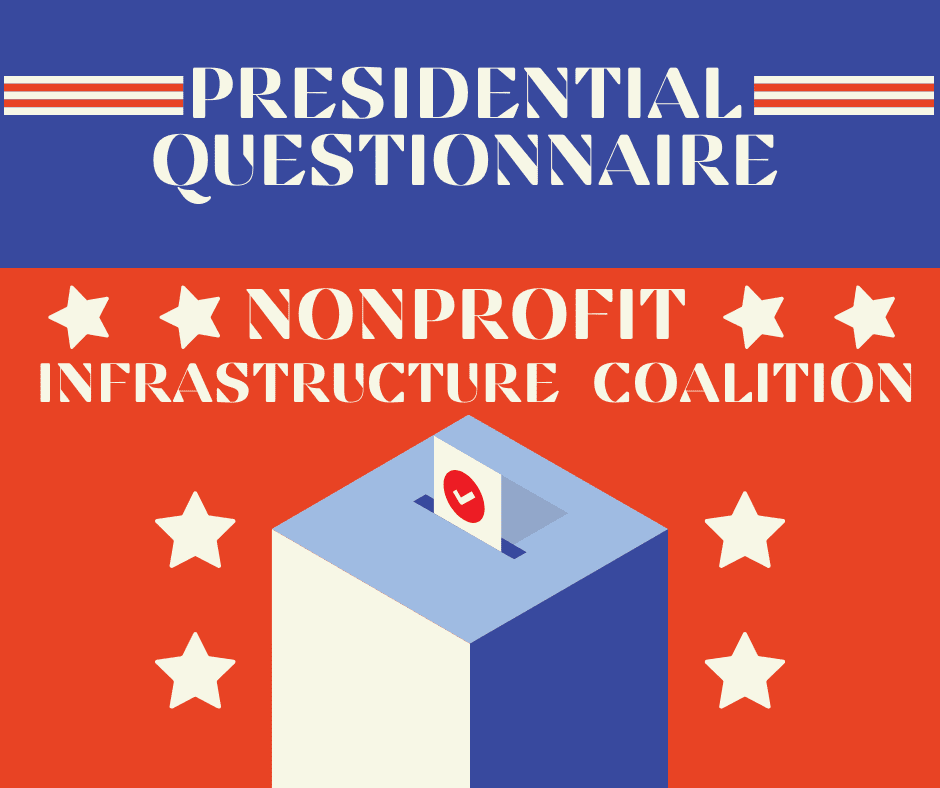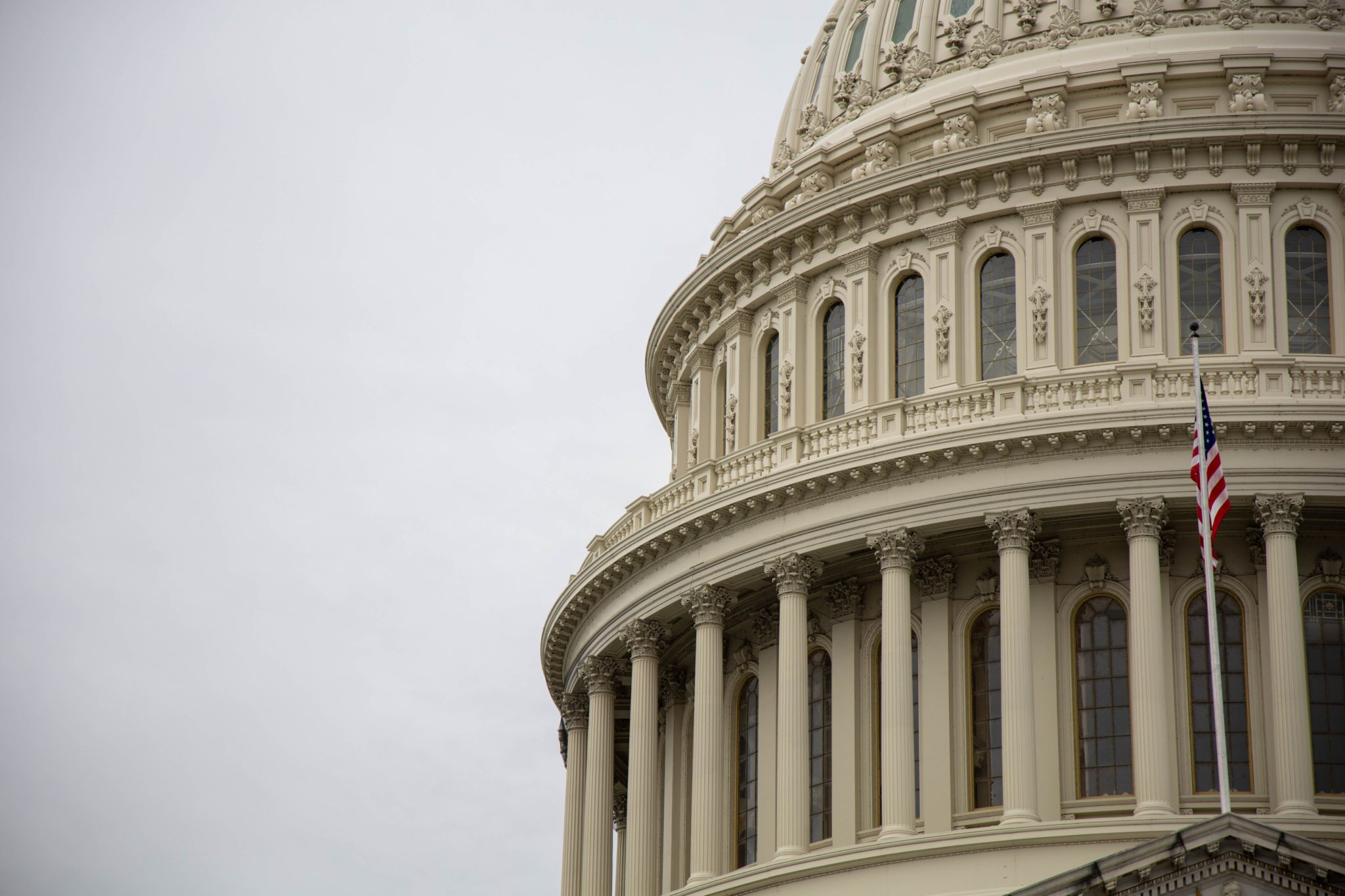Selected Provisions of Relevance to the Nonprofit Sector – Updated by House Democrats on September 28, 2020
Unemployment Insurance
Extension of emergency relief and technical corrections for governmental entities and nonprofit organizations.
The legislation would extend the financial relief provided to reimbursable (self-funding) employers in the CARES Act through June 30, 2021. It does not increase the relief beyond 50% as many nonprofit organizations have urged. The previous version would have extended relief through January 31, 2021.
Paid Sick Leave Mandate
Emergency paid sick leave
The legislation eliminates the exemption for employers with over 500 employees from the paid sick leave requirements in the Families First Coronavirus Response Act (Families First Act), and clarifies that nonprofit organizations are covered employers. It ensures that full-time and part-time employees earn full wage replacement (up to $511 per day) for all emergency paid sick leave uses. Concerningly, it prohibits these large nonprofits and other employers from claiming the payroll tax credits created by the Families First Act for wages paid after the date of enactment.
Loan Programs
Changes to the Paycheck Protection Program
- Extends program to December 31, 2020
- Expands PPP program to all types of nonprofit organizations as long as the nonprofit does not receive or spend more than 10% on lobbying
- Expands PPP program to nonprofits above 500 employees with at least 25% reduction in revenues
- Provides up to 30% set aside of PPP loan funds for nonprofit borrowers
- Creates a Prioritized PPP (P4) program, which would allow organizations, including nonprofits, to receive a second loan of up to $2 million. Eligible organizations must have fewer than 200 employees and be able to demonstrate a quarterly decline in gross receipts [as defined by IRC section 448(c)] of at least 25%
- Allows nonprofit critical access hospitals to get PPP loans
- Clarifies that the interest charged is non-compounding interest
- Streamlines the loan forgiveness for loans less than $150,000, with loans of less than $50,000 only requiring certification to SBA Administrator and maintenance of documentation
- Requires SBA to provide public data on PPP loans, including details on nonprofit borrowers
- Allows businesses receiving Paycheck Protection Program loan forgiveness to defer payment of payroll taxes under Section 2302 of the CARES Act.
Main Street Lending Program Requirements
- The legislation mandates that the Federal Reserve’s Main Street Lending Program, which was established utilizing CARES Act funds and is backstopped by the Treasury Department, include nonprofit organizations as eligible borrowers, and stipulates that the Fed immediately offer a low-cost loan option tailored to the unique needs of nonprofit organizations with deferred payments without interest accruing. The previous version of the legislation called for an option for loan forgiveness for nonprofits predominantly serving low-income communities, but that is no longer included.
- The legislation mandates that the Federal Reserve, through the Main Street Lending Program, shall provide at least one low-cost loan option that small businesses and small nonprofits are eligible for that does not have a minimum loan size, overriding the current $250,000 minimum loan size to participate in the program.
Restrictions on collections of debt during a national disaster or emergency
The legislation provides a temporary moratorium on small business and nonprofit debt collection during this COVID-19 crisis, and for 120 days thereafter.
Repayment period and forbearance for small businesses and nonprofit organizations
The legislation ensures reasonable forbearance and repayment options for small businesses and nonprofit organizations when payments resume following the debt collection moratorium.
Changes to employee rehiring and retention credit
The legislation increases the applicable percentage of qualified wages reimbursed through the employee retention and rehiring credit from 50% to 80%, and modifies the gross receipts requirement to allow a partial credit, phased in for a decline in gross receipts between 10% and 50% compared to the same calendar quarter of the previous year.
The legislation also increases the limit on wages considered per employee from $10,000 for the year to $15,000 per quarter (limited to $45,000 for the calendar year) and replaces the CARES Act’s method for determining qualified wage base (100 employees) with a new definition of a large employer. Organizations with greater than 1,500 full- time employees and gross receipts of greater than $41,500,000 in 2019 would now be considered large employers.
Election Safety and Security
Provides $3.6 billion in election assistance funding and expands access to early voting and voting by mail
- Requires at least 15 consecutive days of early voting for federal elections. Goes into effect in the November 2020 election and for each succeeding federal election.
- Ensures that every voter can access no-excuse absentee vote-by-mail.
- Ensures that voter registration application forms, absentee ballot application forms, and absentee ballots in federal elections are mailed to voters with prepaid postage.
- Amends the Help America Vote Act of 2002 to ensure that all eligible individuals can register to vote on the same day that they vote.
Broadband Internet Access
Support for Wi-Fi Hotspots, Other Equipment, and Connected Devices During Emergency Periods Related to COVID-19
Provides $12 billion to close the homework gap by providing funding for Wi-Fi hotspots and connected devices for students and library patrons, $3 billion for emergency home connectivity, $200 million for telemedicine grants, and $24 million for broadband mapping.
Benefit for Broadband Service During Emergency Periods Relating to COVID-19
Entitles households in which a member has been laid off or furloughed to get a $50 benefit, or a $75 benefit on tribal lands, to put toward the monthly price of internet service during the COVID-19 public health emergency.
Pandemic Premium Pay Eliminated
COVID–19 Heroes Fund Grants
Proposed in the previous version but never enacted – are not included in this legislation. The program as proposed previously would allow employers to apply for and receive grants to pay essential workers $13 per hour premium pay on top of regular wages, up to $10,000. “Essential work” was defined to include health care work, family and child care, social services, public health, education, elections work, and clinical research.
Additional Economic Impact Payments
A $1,200 refundable tax credit for each non-dependent family member that shall be paid out in advance payments, similar to the Economic Impact Payments in the CARES Act. The credit is $1,200 for a single taxpayer ($2,400 for joint filers), in addition to $500 for all dependents, including adult dependents. The credit phases out starting at $75,000 of modified adjusted gross income ($112,500 for head of household filers and $150,000 for joint filers) at a rate of $5 per $100 of income.
Other Provisions
Relief for Non-Federal Governments
- $238 billion to state governments
- $179 billion to local governments
- $9.5 billion to territorial governments
- $9.5 billion to tribal governments
Extending and Expanding Loan Relief to all Federal Student Loan Borrowers
Amends the CARES Act to define the term “Federal student loan” to include Direct Loans, Department- and commercially held Federal Family Education Loans (FFEL), Department- and institutionally held Perkins loans, and others. Further Amends the CARES Act to extend suspension of payments for Federal student (as newly defined) loans through September 30, 2021. Adds a provision that requires the Secretary to make the borrowers with loans that were excluded from the CARES Act whole as if those loans were part of the original CARES Act.
Removes a Higher Education Act requirement that a borrower must be employed by a public service employer at the time of forgiveness under the Public Service Loan Forgiveness program.
Emergency mental health and substance use training and technical assistance center
The legislation establishes a technical assistance center at the Substance Abuse and Mental Health Services Administration (SAMHSA) that will support public or nonprofit entities and public health professionals seeking to establish or expand access to mental health and substance use services associated with the COVID-19 public health emergency.
Additional Appropriations
Census Bureau
$400 million for expenses due to delays in the 2020 Decennial Census in response to the
coronavirus. $10 million for other Census Bureau programs. Delays the publication of apportionment and state redistricting data by 120 days, as well as extends the non-response follow-up operation to October 31, 2020.
Corporation for National and Community Service
Provides $350 million to support new and existing AmeriCorps and Senior Corps programs, including funding for continued administrative services and assistance to grantees.
Supplemental Nutrition Assistance Program (SNAP)
Provides $10 billion to support anticipated increases in participation and to cover program cost increases related to flexibilities provided to SNAP by the Families First Coronavirus Response Act.
Special Supplemental Nutrition Program for Women Infants and Children (WIC)
Provides an additional $400 million to provide access to nutritious foods to low income pregnant women or mothers with young children who lose their jobs or are laid off due to the COVID-19 emergency.
The Emergency Food Assistance Program (TEFAP)
Includes $450 million to help local food banks meet increased demand for low-income Americans during the emergency.
Indian Health Service
$2.3 billion to address health care needs related to coronavirus for Native Americans.
Bureau of Indian Affairs
$900 million to meet Tribal government needs necessary to prevent, prepare for, and respond to coronavirus.
National Endowment for the Arts
$135 million for the National Endowment for the Arts for grants to support the general operations of recipients and language to permit the waiver of matching requirements.
National Endowment for the Humanities
$135 million for the National Endowment for the Humanities for grants to support the general operations of recipients and language to permit the waiver of matching requirements.
Institute of Museum and Library Services
$135 million to support libraries and museums with costs and expenses associated with coronavirus, including operational supports and providing technology and resources for their communities.
Administration for Children and Families
$65.2 billion to provide supportive and social services for families and children through Programs for child care, energy and utility assistance, and family violence prevention.



